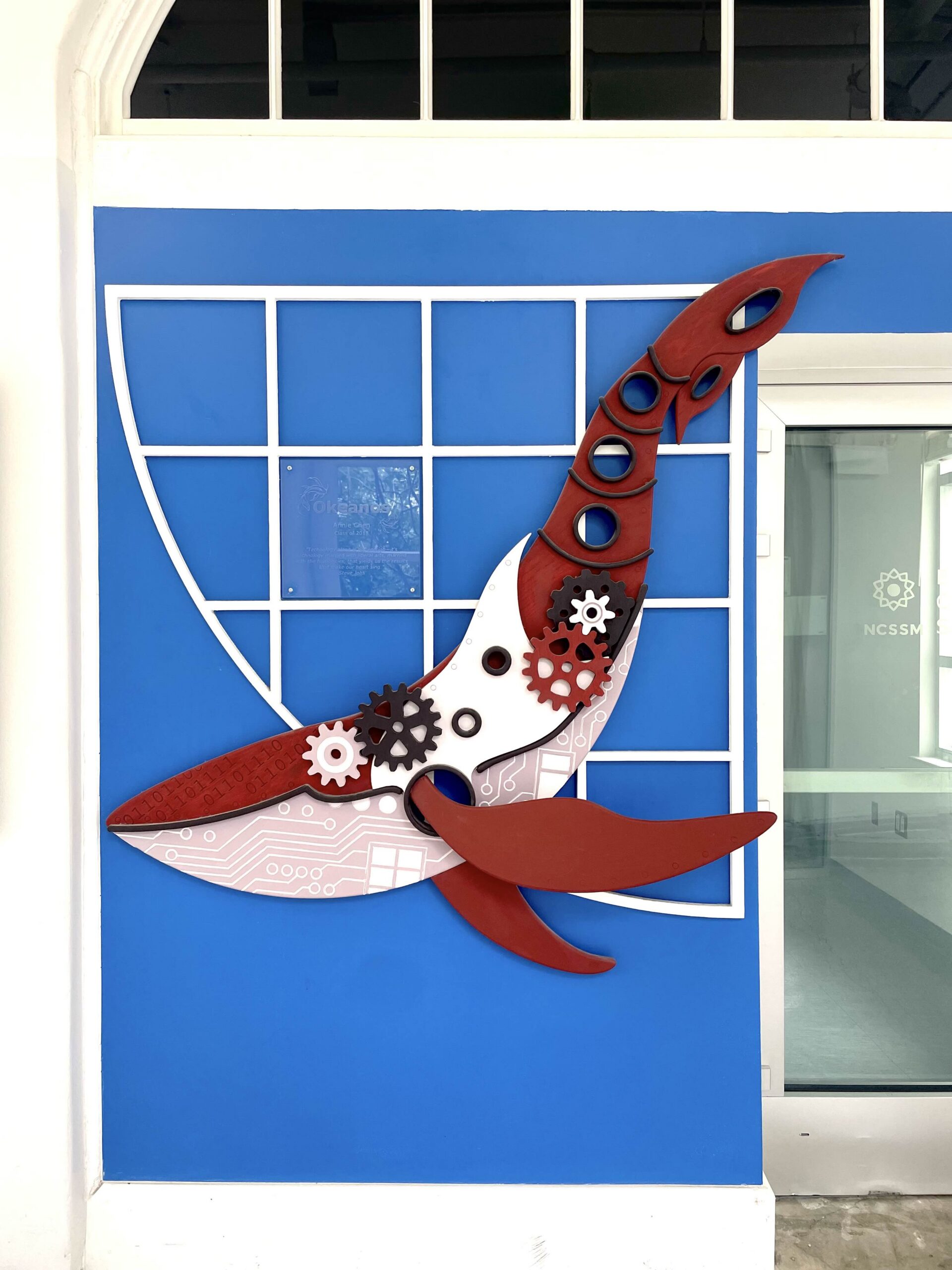
By Teresa Fang, Stentorian Editor-in-Chief
Over SRIP, I was booed in the PFM for saying the humanities department needed more funding.
Why the booing? There is no need for students to be divided over the financial decisions that the school administration makes. Several of the research in science (RSci) groups required access to expensive materials, like Madagascan roaches ($20 per roach) and hard-to-pronounce chemicals (remember to check if it’s toxic before buying), and the students in those groups were bemoaning their experiments, wishing they had chosen a simpler research topic instead. That would be much easier, right?
As someone who grew up doing humanities things, I argue that it is a lot of work to get through as well. There is a different type of difficulty to humanities work, but between the STEM-dominated campus of NCSSM and the general negative stigma that surrounds the humanities, it’s easy to wonder if the RSci students were right.
Many people claim that entering the STEM field deserves a lot of credit due to its arduous nature. The level of memorization, technical skill, and repetitiveness required for STEM is seen as a testament to their difficulty. As minorities are increasingly overcoming social barriers and gaining opportunities to rise in STEM industries and fields, there’s no reason why the sciences shouldn’t be held in high regard.
Another common thought is that a STEM career provides you stability with less effort compared to the humanities. Minority groups making strides in a humanities-based subject still encounter issues, which are often exacerbated because of the limited chances to display their work. Depending on who you ask and their personal academic experiences, you’ll get a very different answer as to whether pursuing STEM or the humanities is more important.
But instead of wasting our time debating the relative worth of the two fields, we are unconsciously devaluing both by overlooking their individual and combined merits.
STEM has helped progress our society structurally, technologically, and medically. It provides us with a solid understanding of ourselves and how we interact with the world. This knowledge allows us to use our resources to the best of our capabilities, benefiting the parts of the world that need fixing.
The humanities, in their own way, support society the same; the humanities preserve and innovate the human experience, letting us see where we came from and where we are now. They enable people to creatively express their thoughts and celebrate shared experiences, highlighting the human connection in a world that grows further apart each day.
These two fields represent so much of humanity on their own that their combination is truly fascinating. The key to communicating STEM is rooted in the humanities. The key to knowing what the humanities need to address lies in STEM. A prime example of this combination is the COVID-19 pandemic: STEM worked on getting vaccines while the humanities were used for effectively and accurately communicating that research, as well as serving as comfort in a dark, depressing, and isolated time.
All in all, this is not to say it’s wrong to be proud of your field or be competitive with others across disciplines. But it’s important to differentiate between open-mindedness and an unnecessary comparison between the sciences and humanities. Why compare two things that really can’t and shouldn’t be compared? This mindset undermines the other and draws attention away from the real social issues that they should solve.
Everybody says that interdisciplinary academics is the goal, but they neglect to see that each of the different subjects makes a whole unit, not incomplete fragments. After all, a growth mindset is always better than a fixed mindset.

Leave a Reply